Conference Chairs
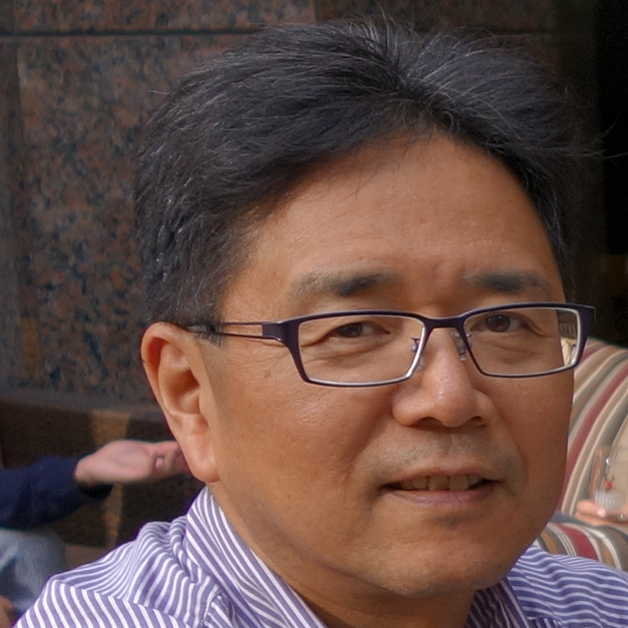
Hiroshi Otsubo MD
Associate Professor
Department of Paediatrics
University of Toronto
Director, Neurophysiology Lab
Neurology
The Hospital for Sick Children
Department of Paediatrics
University of Toronto
Director, Neurophysiology Lab
Neurology
The Hospital for Sick Children
Hiroshi Otsubo MD is the Director of the Clinical Neurophysiology and a Neurophysiologist in the Division of Neurology at the Hospital for Sick Children, Toronto, Canada. He is a Professor of the Department of Paediatrics in University of Toronto, the Faculty of Medicine. The Hospital for Sick Children was the first institution in the world to install an MEG dedicated to the study of epilepsy children. As Director of the clinical neurophysiology, Dr. Otsubo established the protocols used for their paediatric epilepsy studies. Dr. Otsubo pursues active research works which he uses MEG and EEG to examine the brain activities to understand neural and epileptic networks.
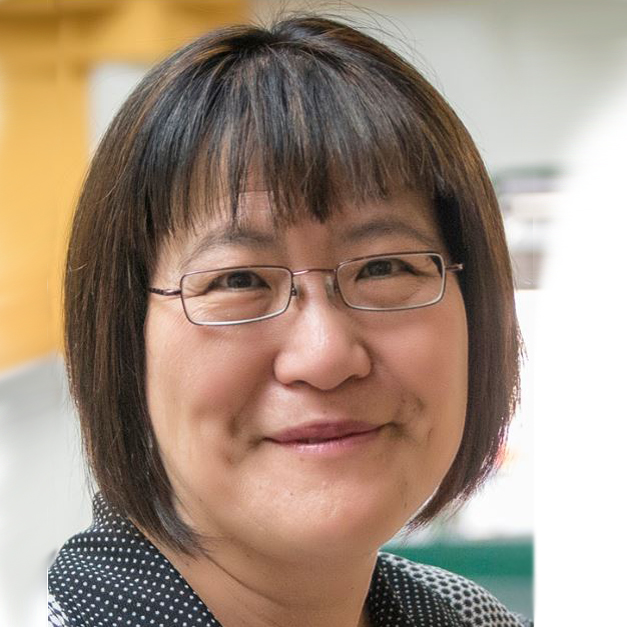
Elizabeth Pang PhD
Neurophysiologist, Director of Evoked Potentials and MEG functional mapping, Division of Neurology
Senior Associate Scientist, Programme in Neurosciences and Mental Health, Sick Kids Research Institute
Full Member, Institute of Medical Science, Faculty of Medicine
Assistant Professor, Department of Paediatrics
Senior Associate Scientist, Programme in Neurosciences and Mental Health, Sick Kids Research Institute
Full Member, Institute of Medical Science, Faculty of Medicine
Assistant Professor, Department of Paediatrics
Elizabeth W. Pang, Ph.D. is the Director of the MEG Functional Mapping Lab and a Neurophysiologist in the Division of Neurology at the Hospital for Sick Children, Toronto, Canada. She is also a Senior Associate Scientist in the SickKids Research Institute. She holds appointments at the University of Toronto in the Department of Paediatrics, Faculty of Medicine and the Institute of Medical Science, School of Graduate Studies. The Hospital for Sick Children was the first institution in the world to install an MEG dedicated to the study of children. As Director of the lab, Dr. Pang established the protocols used for their paediatric functional mapping studies. Dr. Pang also maintains an active research lab where she uses MEG to examine the neural underpinnings of language and cognitive development.
Local Planning Committee
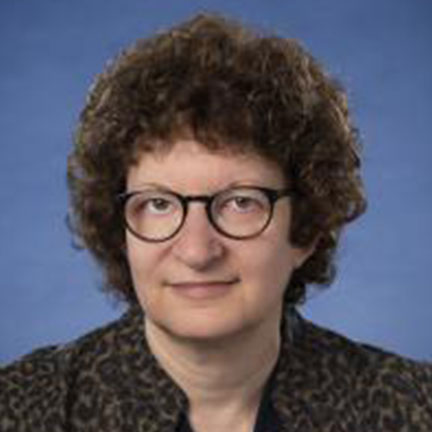
Karen Davis, PhD, FCAHS
Professor, Department of Surgery and Institute of Medical Science, University of Toronto
President-Elect, Canadian Pain Society
Head, Division of Brain, Imaging and Behaviour-Systems Neuroscience
Krembil Brain Institute, Krembil Research Institute
Toronto Western Hospital, University Health Network
President-Elect, Canadian Pain Society
Head, Division of Brain, Imaging and Behaviour-Systems Neuroscience
Krembil Brain Institute, Krembil Research Institute
Toronto Western Hospital, University Health Network
Dr. Karen D. Davis is a Professor in the Department of Surgery and the Institute of Medical Science at the University of Toronto, and Head of the Division of Brain, Imaging and Behaviour – Systems Neuroscience at the Krembil Brain Institute; University Health Network. She obtained her PhD in Physiology from the University of Toronto and did a post-doctoral fellowship at John Hopkins University. Dr. Davis’s early work involved single cell electrophysiology, with discoveries of brain neurons that encode vascular headaches, “silent” nociceptors capable of chemical and injury-induced sensitization, and human cortical neurons encoding pain and attention. Over the last 30 years, Dr. Davis has pioneered electrophysiological and brain imaging approaches to investigate mechanisms underlying acute and chronic pain and pain-attention interactions. More recently, she has focused on outcomes of traumatic injuries, plasticity associated with chronic pain treatment and recovery, and individual factors that contribute to disease vulnerability, recovery, and chronic pain treatment outcomes. Dr. Davis has given over 175 invited lectures and her work has culminated in 200+ papers and book chapters, with over 17,000 citations and an H-index of 68. She also created a TED-Ed video “How does your brain respond to pain?” viewed over 1.7 million times.
Dr. Davis is also active in neuroethics and research ethics. She created a graduate student oath (published in Science), chaired the IASP presidential task force on the use brain imaging to diagnosis pain (published in Nature Reviews Neurology) and is co-editor of the book Pain Neuroethics and Bioethics. Dr. Davis currently serves on the CIHR Advisory Board for the Institute of Neuroscience, Mental Health and Addiction, and on the editorial boards of Pain, PainReports, eNeuro, and the Canadian Journal of Pain. She was also a Mayday Pain and Society Fellow, was inducted into the Johns Hopkins Society of Scholars and the Canadian Academy of Health Sciences, and has received research and mentorship awards. Dr. Davis is currently President-Elect of the Canadian Pain Society and will serve as its president from 2020-22.
Dr. Davis is also active in neuroethics and research ethics. She created a graduate student oath (published in Science), chaired the IASP presidential task force on the use brain imaging to diagnosis pain (published in Nature Reviews Neurology) and is co-editor of the book Pain Neuroethics and Bioethics. Dr. Davis currently serves on the CIHR Advisory Board for the Institute of Neuroscience, Mental Health and Addiction, and on the editorial boards of Pain, PainReports, eNeuro, and the Canadian Journal of Pain. She was also a Mayday Pain and Society Fellow, was inducted into the Johns Hopkins Society of Scholars and the Canadian Academy of Health Sciences, and has received research and mentorship awards. Dr. Davis is currently President-Elect of the Canadian Pain Society and will serve as its president from 2020-22.
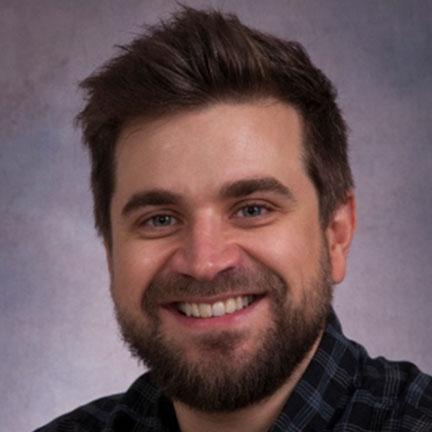
Benjamin T. Dunkley PhD
Clinical Associate – MEG Research, Diagnostic Imaging, Hospital for Sick Children
Associate Scientist, Neurosciences & Mental Health, Hospital for Sick Children Research Institute
Assistant Professor, Medical Imaging, University of Toronto
Associate Scientist, Neurosciences & Mental Health, Hospital for Sick Children Research Institute
Assistant Professor, Medical Imaging, University of Toronto
Dr. Dunkley is an imaging scientist in Diagnostic Imaging at the Hospital for Sick Children (SickKids), an Associate Scientist at SickKids Research Institute, and an Assistant Professor in the Department of Medical Imaging at the University of Toronto. He studied for his PhD at Cardiff University, UK, and he completed his postdoctoral training at SickKids. His current research interests are on how brain function underlies every day cognitive processes, such as memory, attention, and emotion, and how these processes are impacted by neurological and psychiatric conditions, such as concussion and PTSD. To this end, he uses cognitive-behavioural paradigms in conjunction with functional brain imaging techniques that image ‘brain waves’, or oscillations, to study the interplay between these areas.
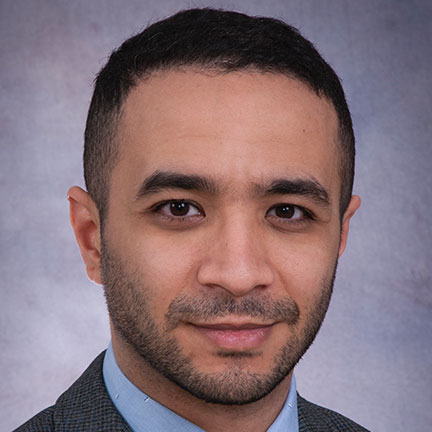
George Ibrahim MD PhD FRCSC
Assistant Professor
Department of Surgery
University of Toronto
Hospital for Sick Children
Department of Surgery
University of Toronto
Hospital for Sick Children
Dr. George Ibrahim is a pediatric neurosurgeon at the Hospital for Sick Children and Associate Scientist at the Hospital for Sick Children Research Institute. He is an Assistant Professor at the Institute of Biomaterials and Biomedical Engineering and the Department of Surgery at the University of Toronto. His research interests include the study of network disturbances in children with medically-intractable epilepsy through the application of connectomic analysis
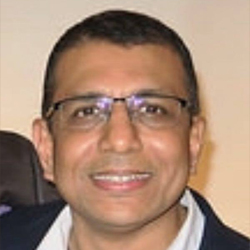
Pradeep Krishnan MD
Assistant Professor
Department of Pediatric Neuroradiology
The Hospital for Sick Children
University of Toronto
Department of Pediatric Neuroradiology
The Hospital for Sick Children
University of Toronto
Dr. Pradeep Krishnan is a Pediatric Neuro-radiologist at The Hospital for Sick Children. His research interests include the pediatric stroke, cerebral palsy and hydrocephalus in children. He is also the core imaging reviewer for CPNET, an ongoing Multi-centre Provincial Project on cerebral palsy, funded by Brain Canada.

Rohit Sharma RET REPT
Clinical Manager and Sr. Neurodiagnostic Technologist
Neurophysiology Lab-6C and Peter Anderson MEG Suite
The Hospital for Sick Children
Neurophysiology Lab-6C and Peter Anderson MEG Suite
The Hospital for Sick Children
Currently the Clinical Manager of the Neurophysiology Lab and Epilepsy Monitoring Unit at SickKids. R.E.T. from Canadian Board of Registered Electroencephalograph Technologists, Inc, R.EP.T from the American Board of Electroencephalographic and Evoked Potential Technologists, Inc. Diploma Technologist from British Columbia Institute of Technology.
Sr. Neurodiagnostic Technologist – Neurophysiology Lab: Division of Neurology and Peter Anderson MEG Suite at the SickKids
Sr. Neurodiagnostic Technologist – Neurophysiology Lab: Division of Neurology and Peter Anderson MEG Suite at the SickKids
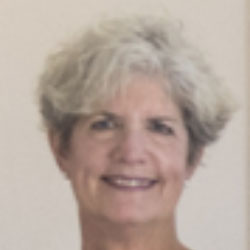
Margot J. Taylor PhD
Director of Functional Neuroimaging, Diagnostic Imaging,
Senior Scientist, Neurosciences & Mental Health, Research Institute,
Hospital for Sick Children
Professor, University of Toronto
Senior Scientist, Neurosciences & Mental Health, Research Institute,
Hospital for Sick Children
Professor, University of Toronto
Margot J. Taylor, PhD, is the director of Functional Neuroimaging in Diagnostic Imaging at SickKids and Professor at the University of Toronto in the departments of Medical Imaging and Psychology. Her research centres on the use of fMRI, MRI and MEG to understand the neural bases of cognitive development. Her lab assesses structural and functional brain correlates with performance on high-level cognitive skills (such as emotional processes, inhibition, working memory, theory of mind), using protocols adapted for children in MEG and fMRI. Structural imaging is also a key component of these developmental studies. Two major areas of focus are on autism, to understand the brain functions that underlie the atypical cognitive abilities in these children, adolescents and adults, and very preterm born children, following them with longitudinal multi-modal neuroimaging studies from birth until mid-school-age.
